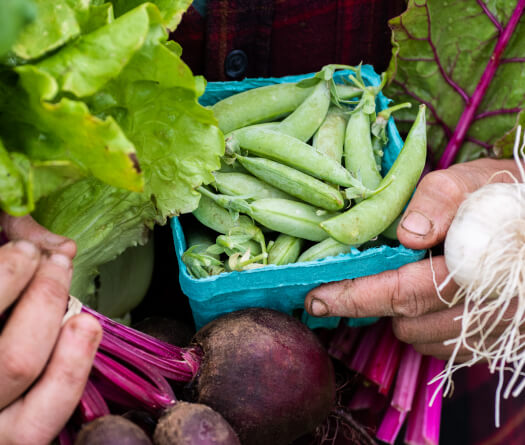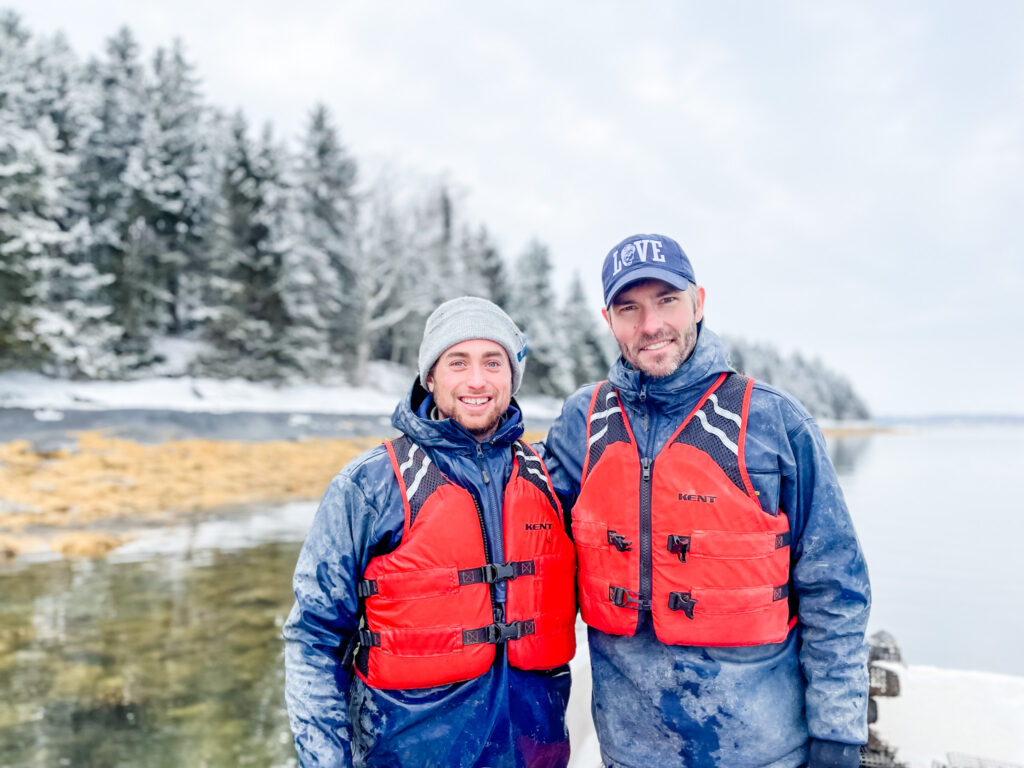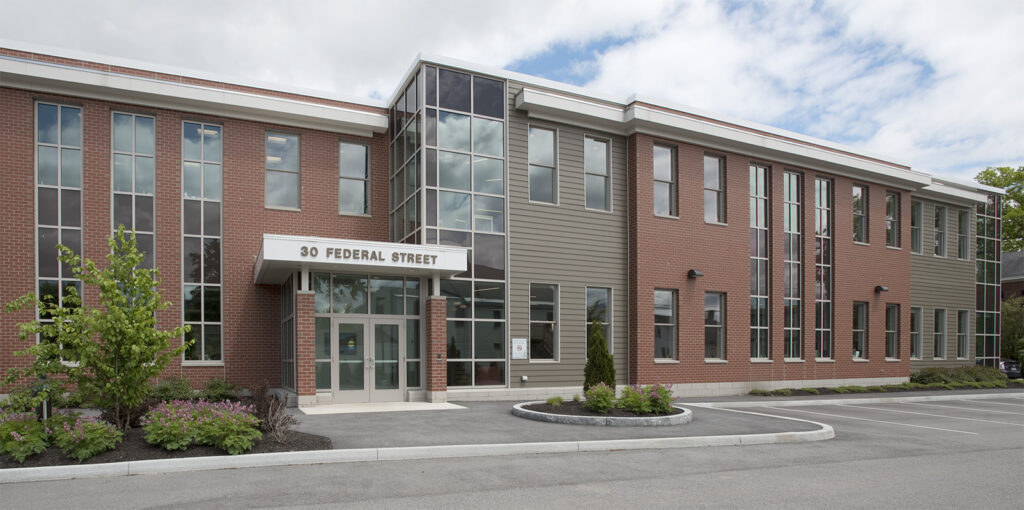Investing in our shared future.

As a mission-driven investor, CEI supports the growth and expansion of the green businesses that we finance and advise, including energy efficiency and renewable energy companies, sustainable farms and food systems, and local fishing industries and aquaculturists. We work with companies in our portfolio, across all industries, identify ways to improve their environmental sustainability and implement green business practices.

Supporting Resilient Local Food Systems
Our ability to farm and wild harvest food on both sea and land is particularly vulnerable to climate change. Since our first loan to the Boothbay Fish & Cold Storage Facility in 1978, CEI has continuously invested in Maine’s food system.
CEI’s food system experts are adept at helping businesses find opportunities for diversification and strategic investment in facilities, equipment and technology that strengthen their individual businesses and expand the capacity of our local and regional food system.
Increasing Efficiency & Reducing Carbon Output of Homes
Maine’s homes are older on average than the rest of the country, with homes built before 1960 making up around 35% of the housing stock in all regions, relative to 27% in the United States as a whole. This aging is particularly acute in the Central Western and Northeastern regions, where close to 60% of homes in 2021 were built before 1980. (Source)
As housing stock ages, it becomes less energy efficient, requiring owners to spend more money heating and cooling their homes. Furthermore, 56% of Maine homes are reliant on heating oil, making residential heating the second largest source of carbon emissions in the state. (Source)
The need for weatherization and efficiency upgrades are clear, however there are a lack of workers available, particularly in more rural parts of the state, to complete the needed assessment and weatherization work.
To address this workforce shortage, CEI started the Weatherization Business Lab in the Spring of 2024. This multi-week class for starting new weatherization businesses is based on our business training cohort model, which we have successfully used in the fields of child care and aquaculture.

Increasing Access to Solar & Distributed Energy
CEI is committed to expanding access to solar energy in Maine. Over a decade ago, CEI realized the impact that flexible solar financing could have for Mainers when we started making solar loans to small businesses that were considered “unbankable” in Maine’s traditional financial system.

CEI is committed to expanding access to solar energy in Maine. Over a decade ago, CEI realized the impact that flexible solar financing could have for Mainers when we started making solar loans to small businesses that were considered “unbankable” in Maine’s traditional financial system.
As we develop flexible underwriting terms that help small businesses save money over the life of their solar installation, we’re working to expand equitable access to this renewable energy resource.
Since that first deal, we have financed over 40 solar deals to businesses and municipalities across Maine and New England. This investment has resulted in over 30 megawatts (MW) of developed projects, with $25MM directly invested by CEI and $46MM additionally leveraged through bank and peer CDFI participations.
Investing in solar and growing the grid’s capacity for distributed energy systems reduces our collective dependence on expensive, polluting, and volatile fossil fuels and creates opportunities to link environmental sustainability and economic opportunity for businesses and municipalities.
“Walking the Walk” in Our Business Practices

Monitoring the Carbon Footprint of our Portfolio
CEI joined the Partnership for Carbon Accounting Financials (PCAF) in 2019 and disclosed the greenhouse gas emissions associated with our lending portfolio in 2022. We also developed a working guide for other CDFIs looking to take the first steps in their carbon accounting journey.
PCAF is a global initiative led by financial institutions committed to developing a common standard for disclosing the greenhouse gas emissions from their loan and investment portfolios. This disclosure established a baseline for CEI to understand our portfolio and Maine’s small business economy and is an opportunity to hold ourselves and all lenders accountable as we move towards a low-carbon future.
CEI’s Operational Carbon Emissions & Reduction Practices
CEI’s commitment to climate justice and environmental resilience shows up through our lending practices and policy advocacy, but we also ‘walk to the walk’ internally as well!
CEI Central, based in Brunswick, is a Platinum LEED certified building that does not consume fossil fuels on-site. There are solar panels installed on the roof that offset our annual electric bill and there is an electric vehicle charging station available for employees and visitors to use throughout the day.
CEI has also calculated its annual operational greenhouse gas emission footprint since 2017. We include in this review the electricity consumption at CEI’s headquarters in Brunswick, fuel combustion at CEI’s satellite offices, and the emissions produced from business travel and employee commuting. In 2022, we hired a third-party consultant, Climate Smart, to review our calculation methodology.

Support Our Work
The CEI Climate Justice & Environmental Resilience Fund will enable CEI to scale up and accelerate our ability to advance a just transition that supports healthier working and living environments, the regeneration of our natural systems, more efficient and less polluting energy systems and quality jobs for people most vulnerable to climate and environmental impacts.
POINT OF CONTACT

Keith Bisson
President
30 Federal Street, Suite 100 Brunswick, ME 04011
207.504.5900